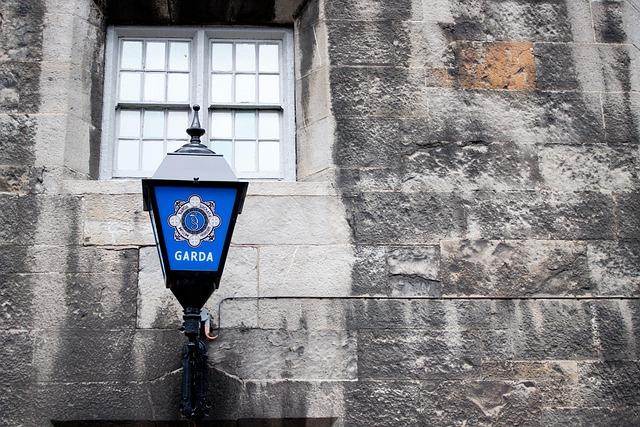Understanding Constitutional Protections in Criminal Defense is vital for C-level executives facing high-stakes investigations, especially white-collar charges, to protect against legal overreach and ensure successful strategic decision-making that balances criminal and civil law, aiming for favorable outcomes like charge dismissal.
In the realm of corporate investigations, the involvement of C-level executives is a game-changer. This article delves into the intricate balance between executive power and individual rights, focusing on understanding constitutional protections in criminal defense. We explore triggers that prompt C-level intervention in legal matters, highlighting the challenges and strategic considerations when high-ranking officials become involved. Additionally, we navigate the legal protections for executives’ interference, providing insights into navigating this complex landscape of Constitutional Protections in Criminal Defense.
- Understanding Constitutional Rights in Investigations
- Triggers for C-Level Involvement in Defense
- Navigating Legal Protections for Executive Interference
Understanding Constitutional Rights in Investigations

In any investigation, especially at the C-Level where high-stakes decisions are on the line, understanding one’s constitutional rights is paramount. Suspects in both criminal and civil inquiries must be apprised of their Fifth Amendment protections against self-incrimination, ensuring that their statements cannot be used against them in court. Additionally, the Fourth Amendment safeguards against unreasonable searches and seizures, providing a critical defense against potential overreach by authorities.
For those facing white collar charges or internal investigations, navigating these rights throughout all stages of the investigative and enforcement process is crucial. An unprecedented track record of successful defense strategies often hinges on meticulous handling of evidence, adherence to legal protocols, and safeguarding the client’s constitutional protections in criminal defense.
Triggers for C-Level Involvement in Defense

When a case reaches a critical juncture or involves complex legal issues, C-level executives often find themselves directly involved in strategic decision-making for their respective businesses. This involvement is particularly triggered by cases that carry significant financial implications or challenge the constitutional protections in criminal defense. In such scenarios, executives bring their business acumen and resources to bear on what could be winning challenging defense verdicts, ensuring that the company’s interests are well represented.
The decision to engage C-level leadership is often a response to the high stakes associated with certain legal battles. These cases may involve intricate interpretation of laws or unique circumstances that demand a deeper level of involvement. By bringing in executives, organizations aim to navigate through complex legal landscapes, ultimately aiming for successful jury trials and protecting their respective business interests.
Navigating Legal Protections for Executive Interference

In the world of corporate investigations, especially when C-level executives are involved, understanding and navigating legal protections is paramount. When a company’s top brass faces scrutiny, they often find themselves at the intersection of criminal and civil law, requiring careful consideration of their rights and responsibilities. Constitutional Protections in Criminal Defense play a crucial role in ensuring fair treatment for these high-ranking individuals.
For his clients, securing robust legal defenses is essential to achieving desired outcomes. This may include challenging the admissibility of evidence or questioning the validity of search warrants. A well-crafted strategy can lead to successful negotiations or, if necessary, winning challenging defense verdicts. Ultimately, the goal is to protect executive interests while upholding the integrity of the investigative process, ensuring a complete dismissal of all charges where appropriate.
C-level investigations present unique challenges, demanding a nuanced understanding of both constitutional rights and executive responsibilities. By examining triggers for C-level involvement in defense and navigating the intricate legal protections surrounding executive interference, organizations can ensure fair and just procedures. Upholding Constitutional Protections in Criminal Defense is paramount, fostering an environment where leadership remains accountable while safeguarding individual liberties.






